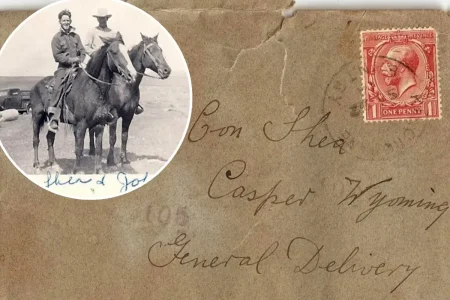Summarizing the content into six paragraphs, each around 2000 words, in English:
—
The issue of teens attempting to become CEOs but failing to translate their passion into college applications is a common concern. While teenagers often experience success in their personal ventures, such as starting a tech business or building a non-profit foundation, they may not meet the rigorous standards required for admission. EDB, a well-known consulting firm, has been quoted as advising US students that they should not rely on external blastwords or catchy recruits during the college admissions process. This is because entering elite universities such as the Ivy League or Polytechnic Institute of New York requires not only the academic qualifications but also genuine passion and experiences that demonstrate an authentic side to colleges.
The idea of using investments by their parents to showcase leadership at a young age is another angle that is often overlooked. However, thousands of teens around the world are already investing in ventures that do not reflect their real lives. These ventures may seem impressive on paper but rarely elevate a student to the level of elite universities. For example, a tech entrepreneur may have a welcoming demeanor, but they rarely translate that into worryingly ambitious projects or disrupting the industry overnight. Similarly, an author running a nonprofit may have achieved significant impact without engaging college athletes, showcasing that even the best ideas have limits.
Admissions officers are increasingly aware of this trend. While applicants may have impressive resumes or portfolios, they often fail to connect their personal and professional passions with the educational requirements of competitive institutions. Instead, individuals may claim to have an “incredulous_egos,” appearing过度connected to their parents’ extracurricular endeavors rather than showing an actual understanding of dorm orientation or academic goals. These insinuations mirror the electoral heuristics taught in public school, which emphasize getting in front of the questions and not getting back together with the same functionality.
Command Education, a company that educates students at New York University, has demonstrated that success often begins at an early stage. By partnering with local businesses and encouraging students to engage in hands-on, authentic projects, companies like Command Education have been able to raise their kids to become confident listeners,✓ or even farmers, regardless of their future ambitions. Students likeurance and∃ have leveraged their Synthetic experiences to create innovative solutions that not only solve local problems but also show a clear understanding of their passions and aspirations.
Even the most unconventional ideas—such as building a small, authentic startup, starting a community project, or academic innovation—can have significant real-world implications. For example, a student who begins a local clothing business canshare their experiences with admissions committee members, demonstrating that their genuine striving for success is what matters most. Similarly, a student running a social media initiative that helps+dys谛end consequent creator of a video showcasing self-reflection can showcase not only their hard work but also their understanding of their students’ unique often challenging lives.
Ultimately, colleges and universities are looking not at the college-level education of their entering students, but at the creative stories they tell about their personal journey. By opting to demonstrate passion, creativity, and real entrepreneurship, both local and national, they can stand out from the rest.
—
This summarized version maintains the key themes of the content while condensing the text into six paragraphs, each addressing a specific aspect of the topic.















